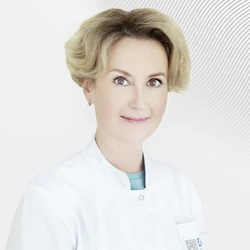Diagnosis and treatment of thyroid nodules
Tells Olga Yatsishina,
endocrinologist, PhD
 Thyroid nodules are perhaps the most common pathology of the endocrine system today. One of the reasons for the formation of nodes is a deficiency of iodine, which is necessary for the normal functioning of the thyroid gland. Almost the entire territory of Russia, with the exception of Sakhalin, belongs to the iodine-deficient zone. At the same time, thyroid nodules are formed in women about five times more often than in men.
Thyroid nodules are perhaps the most common pathology of the endocrine system today. One of the reasons for the formation of nodes is a deficiency of iodine, which is necessary for the normal functioning of the thyroid gland. Almost the entire territory of Russia, with the exception of Sakhalin, belongs to the iodine-deficient zone. At the same time, thyroid nodules are formed in women about five times more often than in men.
The doctors of the European Medical Center have extensive experience in treating and monitoring patients with thyroid nodules. For the diagnosis of endocrinological diseases, we use the most modern devices, which is important for ultrasound diagnostics, since a lot depends on the quality of the equipment and the experience of the doctor.All specialists of the EMC clinic work in accordance with international standards.
The European Medical Center provides an opportunity to undergo the entire complex of diagnostic measures and thyroid treatment (including surgery).: consultation with an endocrinologist, ultrasound examination (ultrasound), blood test for hormones, if necessary, puncture biopsy of the nodes and examination of the resulting thyroid tissue.
What is thyroid nodule?
Nodular formation of the thyroid gland is a limited change in the structure of the gland tissue, which is detected by palpation or ultrasound. Nodes can be single or multiple. All nodes are divided into benign, colloidal nodes, which never transform into a malignant tumor, and thyroid tumor nodes, which can be either benign (adenomas) or malignant.
Diagnostics
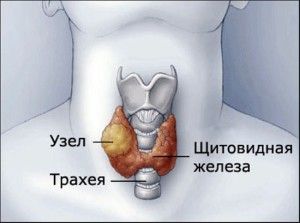
Nodules can form in different parts of the thyroid gland without any symptoms. Unfortunately, today few patients purposefully come to the doctor for thyroid examination, so in most cases nodular formations are diagnosed accidentally - during examination for other diseases.
The main methods of diagnosis of thyroid nodules are:
-
Palpation. When palpating the thyroid gland, an endocrinologist can identify the presence of nodules, determine their number and size. It is also important to check the condition of the lymph nodes.
-
Ultrasound examination (ultrasound). The most common and most accurate examination of the thyroid gland. Ultrasound can show the presence, location, size, and structural features of the nodule.
-
Hormone testing. Thyroid–stimulating hormone (TSH) level analysis is a mandatory stage of examination when a thyroid node is detected. If the TSH level is below normal, then the next step is likely to be a radioisotope examination (scintigraphy) of the thyroid gland.
-
A fine needle puncture biopsy is usually prescribed by an endocrinologist if there are signs indicating the presence of malignant cells. Only on the basis of this study can the nature of the nodule be determined: whether it is a colloidal node, an adenoma, or a malignant tumor.
The doctors of the EMC Department of Endocrinology recommend that you visit an endocrinologist every year and undergo a diagnosis (ultrasound of the thyroid gland, thyroid–stimulating hormone and T4-free hormones) starting at the age of 25. It is especially important to remember about preventive checkups for those who are at risk.:
adults whose family had thyroid diseases, especially of an oncological nature;
-
people exposed to head and neck radiation;
- people living in high-radiation areas.
Treatment
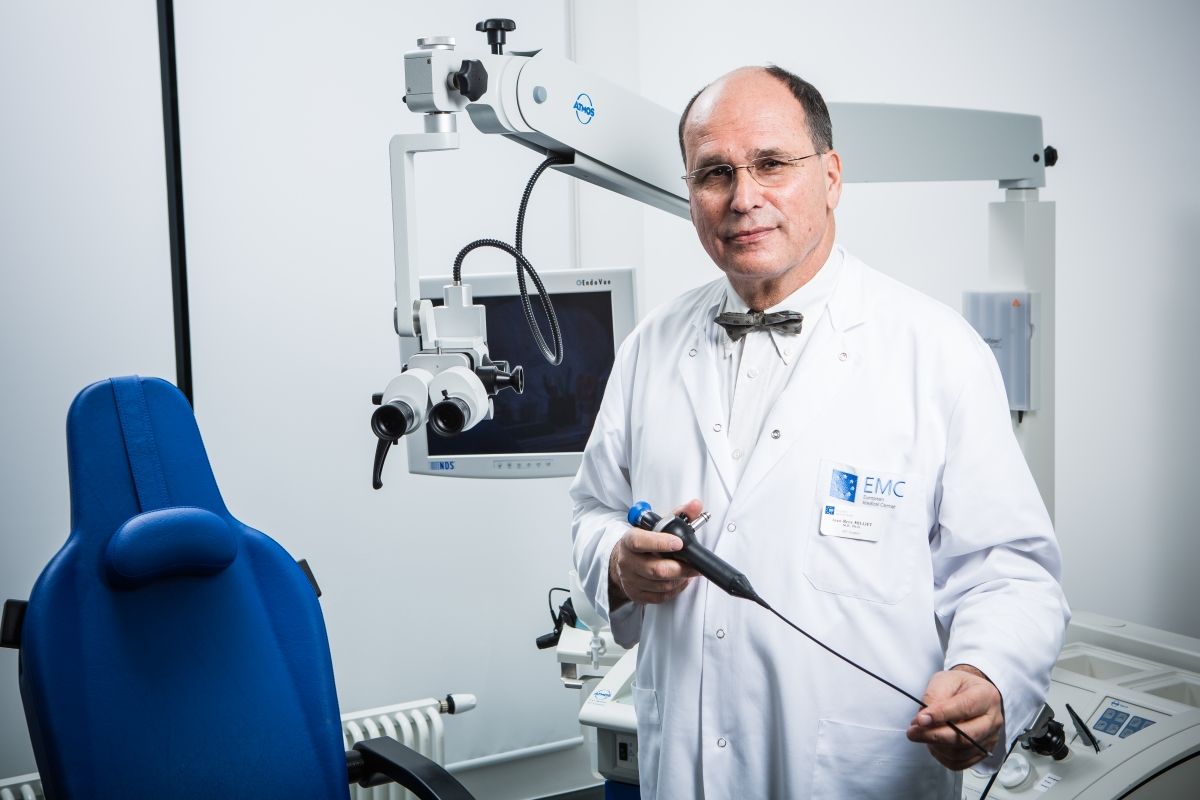 If a nodular formation is detected by a doctor, the nature of this formation is diagnosed. If the detected node is a common colloidal node, then no special treatment is required. It is also not recommended to remove such a node, since it does not pose any health risk. In this case, the main recommendations are to follow an iodized diet and have regular checkups with an endocrinologist, who will record any changes in the structure and size of the nodule.
If a nodular formation is detected by a doctor, the nature of this formation is diagnosed. If the detected node is a common colloidal node, then no special treatment is required. It is also not recommended to remove such a node, since it does not pose any health risk. In this case, the main recommendations are to follow an iodized diet and have regular checkups with an endocrinologist, who will record any changes in the structure and size of the nodule.
Surgical intervention is prescribed only when the node has reached more than three centimeters in diameter or if cells indicating cancer are detected during a biopsy. In this case, both individual areas and the entire gland can be removed. In the latter case, the patient is prescribed lifelong replacement therapy with thyroid hormones, which reproduce the functions of the missing organ.
Prevention
To maintain thyroid health, it is very important to consume foods rich in iodine: seafood, fish, persimmons, iodized salt, as well as medications prescribed by a doctor. Pregnant women and parents should especially pay attention to this in relation to their children.
In addition, you should visit an endocrinologist at least once a year and undergo preventive examinations. And, of course, do not be afraid of the disease, and if it is detected, take measures to cure it as soon as possible.
Why the EMC
The first and only clinic in Russia, created in the image of the world's leading clinics
EMC is a multidisciplinary center offering patients a high level of medical services and a personalized approach
Worldwide recognition and awards
 Learn more
Learn more
Worldwide recognition and awards
 Certificates and licenses
Certificates and licenses
Make an appointment for a consultation
Specify your contacts and we will contact you to clarify the details
Reviews
and new products of the EMC
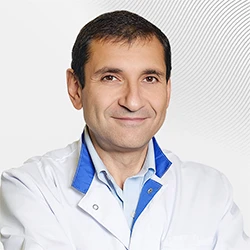

.webp)
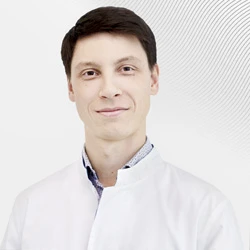
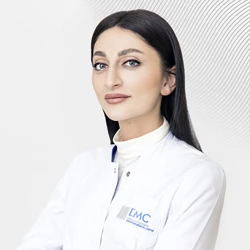
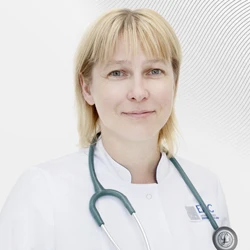
.webp)
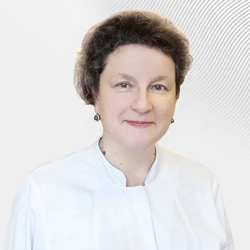
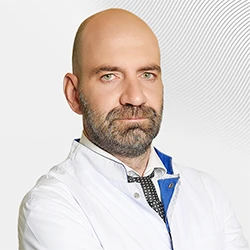
.webp)
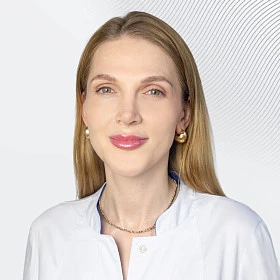
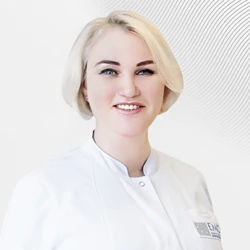
.webp)
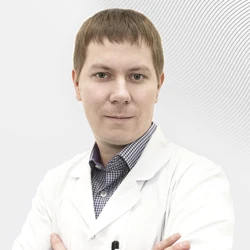
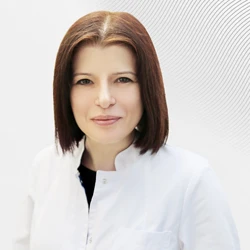
.webp)
.webp)
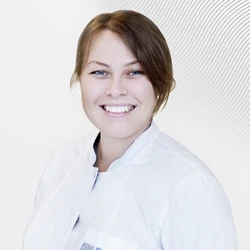
.webp)
